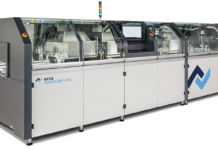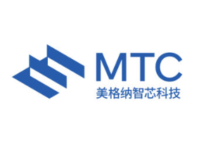India and Japan have taken a big step as they collaborate to strengthen their semiconductor industries. After discussions, Japan and India signed a Memorandum of Understanding (MoU) to work on a large scale semiconductor development project during this meeting.
Since the last update in March 2023 by TheHindu, the Union Minister for Electronics and IT, Ashwini Vaishnaw shared the details for the first time. While he shared the estimated budget, that would touch the $1 billion mark, the news also came that the project will be handled by an implementation organization that will be established soon.
The MoU has the ultimate aim to create a partnership in semiconductor research, technology sharing, and building capabilities. In simple words, the MoU aims to work on 5 fronts including semiconductor design, manufacturing, equipment research, talent development, and bringing resilience to the supply chain. Both countries will be joining forces to support the growth of the semiconductor industry in this second huge project, right behind the United States.
Semiconductors are widely used for technologies used in everyday life such as smartphones, computers, satellites, automotive electronics, and more. Japan is an expert in peripheral industries when it comes to semiconductor chip manufacturing, while the US is not. Combining this expertise and India’s 50,000 design engineers, both countries see the potential.
As the two countries signed the agreement with the Japanese company Rapidus, the Prime Ministers showed their commitment to contribute in advancing the electric chips. In addition to that, Japan and India are determined to build a strong semiconductor infrastructure and become independent of other countries.
According to experts, the collaboration will help India to benefit from Japan’s technological expertise in semiconductor fabrication. On the other hand, India’s skilled design engineers will benefit Japan financially and in production terms.
The MoU will also work on joint research and development projects, skill development programs, and knowledge sharing between academia, research institutions and industry stakeholders. Eventually, India’s and Japan’s aim to become global leaders in semiconductor development is very likely to come true with these other projects and programs.
Ashwini Vaishnaw also shared a prediction that the first made-in-India chip will be introduced to the market by December 2024. Once the chip is rolled out, the project will be evaluated for an annual production worth $1 Billion, once the plant is completely operational. In addition to that, India’s current semiconductor industry values at $650 Million, however, this rate is expected to reach $1 Billion within the next 5-6 years.
These worldwide semiconductor industry growth statistics will be majorly contributed by this India and Japan collaboration as well.


















